Free radicals have a positive effect on our body and are therefore indispensable. However, if they occur increasingly in our body, this positive effect is reversed into a negative. If too many free radicals unfold their harmful effects in our body, this can lead to important metabolic proteins and even the genetic material being attacked.
What are Free Radicals?
The free radicals an electron is missing in the chemical structure. That is why they are constantly trying to complete their chemical structure and attack other molecules in order to rob them of an electron.
The attacked molecules that have been deprived of one electron also become free radicals in this way. A vicious circle is created! Every tissue and organ in the human body is affected.
Medical & health functions, tasks & meanings
The human body cannot function without oxygen because important metabolic processes would not be possible. Man would not be viable.
Free radicals are unavoidable intermediate products that arise in our body during the further processing of oxygen in every cell and are very reactive. But they are also inevitable in terms of their functions in the human body. Because free radicals help in the further processing of oxygen for energy production, they also play a decisive role in immune defense processes. For example, when fighting viruses and bacteria.
The devastating effect of too many free radicals in the human body on the aging process can best be seen in people who suffer from premature aging (Hutchinson-Gilford syndrome). They age visibly from childhood, because their body does not have a functioning protective mechanism against free radicals and is therefore defenseless.
But at some point we can all see in the mirror what free radicals can do in the form of wrinkles, drooping eyelids, thinning skin, etc.: They accelerate the aging process. In addition, free radicals are associated with many diseases, such as cardiovascular diseases, Alzheimer's disease, cancer, rheumatism, diabetes mellitus, etc.
Illnesses, ailments & disorders
Free radicals our body absorbs more from environmental pollution, alcohol, UV rays and smoking. A healthy person has a so-called “oxidative balance”. This is a state in which the formation of free radicals and the absorption of antioxidants are in balance. In contrast, one speaks of oxidative stress when the balance shifts in favor of the oxidative process. As already mentioned, free radicals then attack cell membranes or can damage the genetic material and significantly accelerate the aging process. Antioxidants such as vitamins E, C and phytochemicals are able to neutralize free radicals.
A healthy tissue can therefore easily protect itself against the destructive influence of free radicals. Nevertheless, it is becoming more and more important to consume enough fruit and vegetables every day. If you cannot do this, you should use dietary supplements to ensure the supply of important radical scavengers (antioxidants). However, there is a lack of scientific evidence regarding the effectiveness of food supplements, in which antioxidants are usually isolated and not found together with natural accompanying substances, against free radicals. So it has not been proven whether the additional intake of antioxidants through dietary supplements is beneficial for health.
Basically, the following applies: It is becoming increasingly important to protect yourself against free radicals. On the one hand, they are increasingly caused by environmental pollution, stress, smoking, etc. On the other hand, we have not been eating as well as we were fifty or a hundred years ago. Furthermore, fruit and vegetables no longer have as many important ingredients as they did a few decades ago. According to an American study, nowadays by far the largest part of the antioxidants in our daily food intake comes from coffee.
This is less due to the fact that the luxury food contains large amounts of radical scavengers than to the current eating habits of people, at least in the USA and Europe. Most people in these regions do not eat enough vegetables and fruits, but consume more coffee.

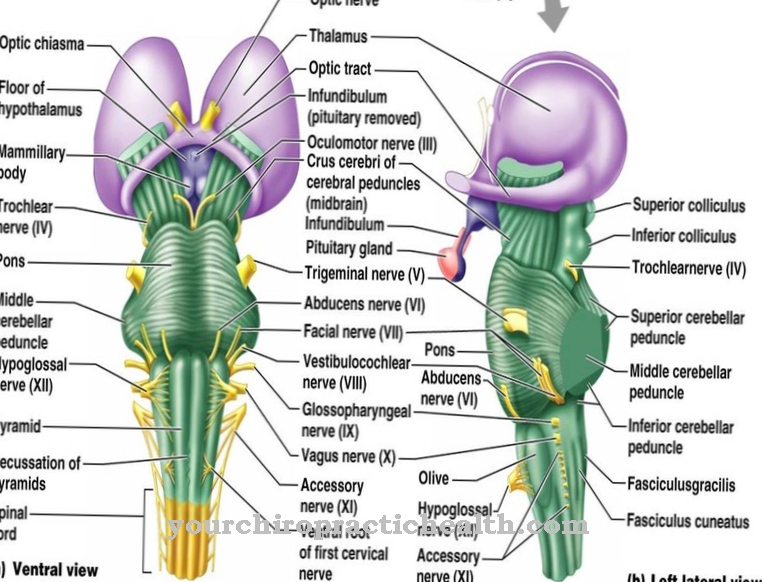
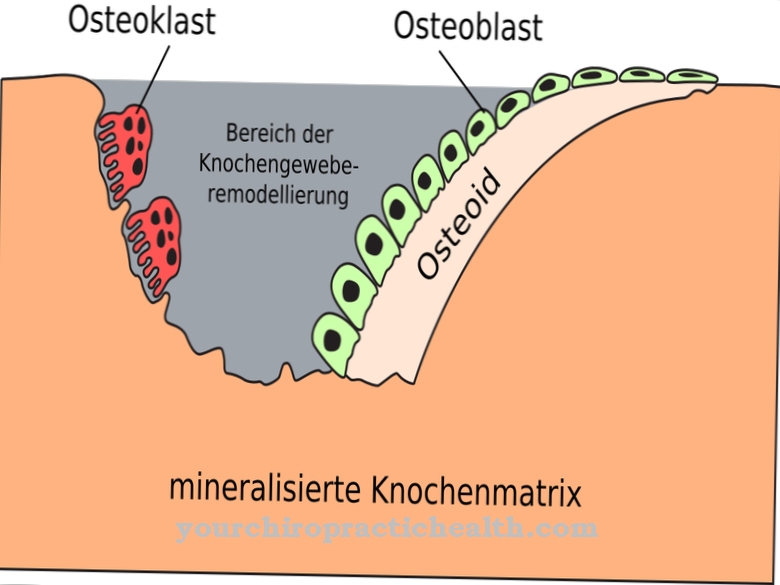
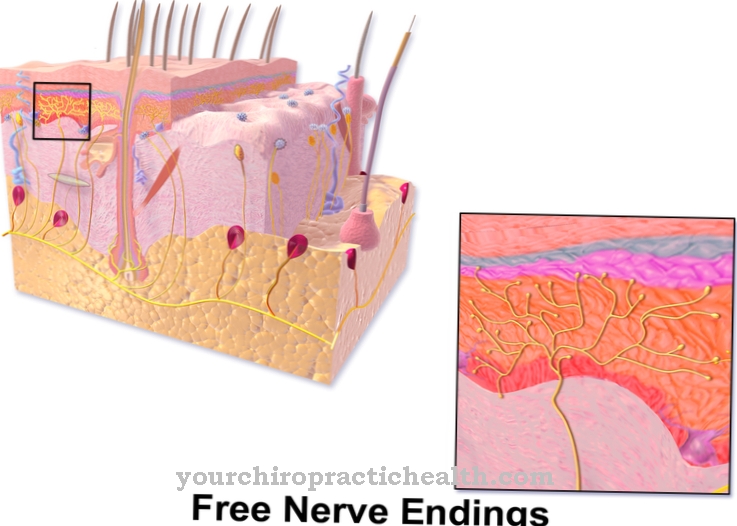
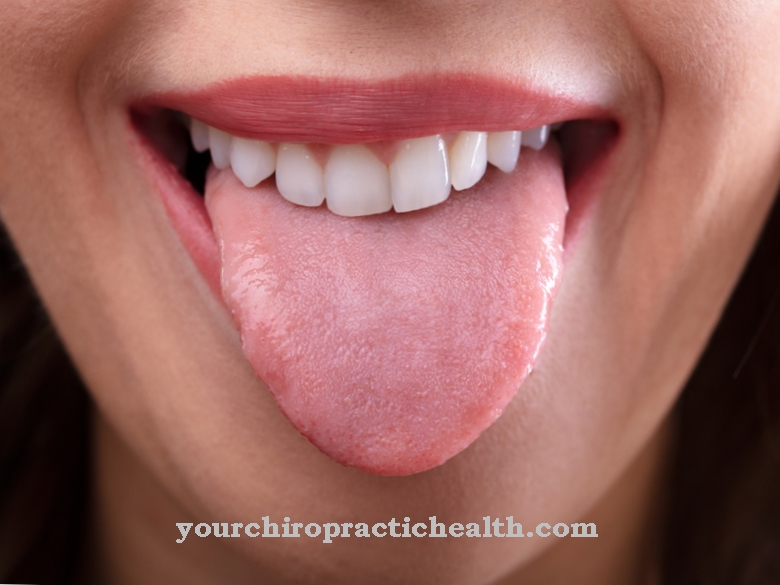
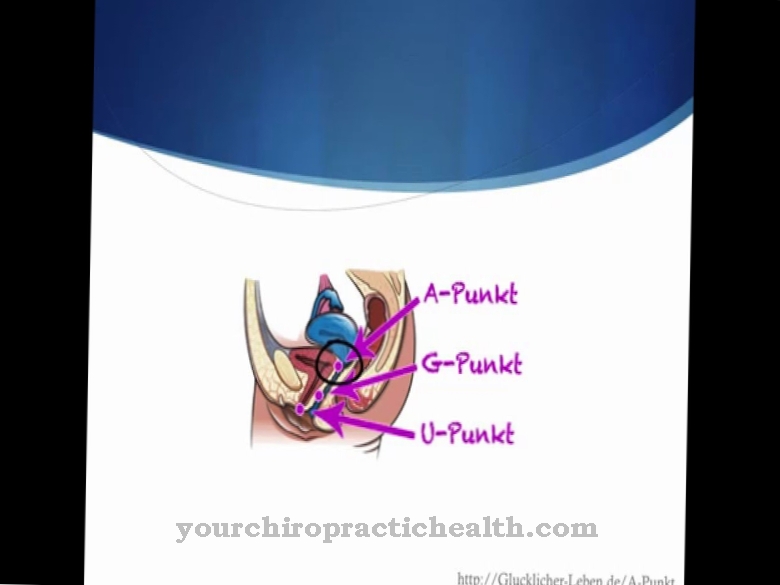
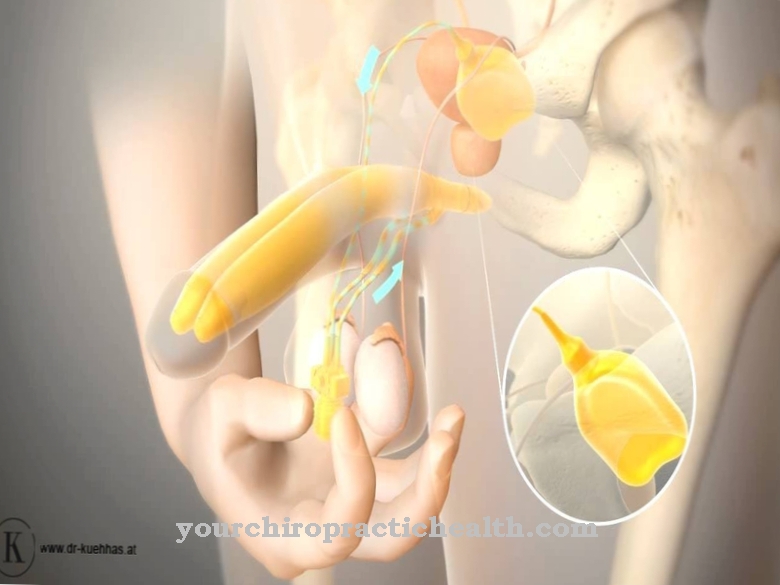





.jpg)



.jpg)










.jpg)
